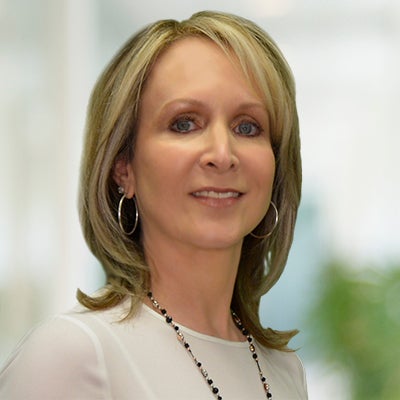
What is High Cholesterol?
Cholesterol is a fat and some is needed for the body to work properly. Too much cholesterol, or hyperlipidemia, significantly increases the risk of developing Atherosclerotic Cardiovascular Disease (ASCVD). Routine screening is necessary since cholesterol is often a silent condition. The American Heart Association recommends getting cholesterol levels checked at least once every 4 to 6 years for healthy adults, and more often for individuals with certain health conditions or family history.
Many strokes and heart attacks are preventable by leading a healthy lifestyle, and when necessary, taking medications to lower blood pressure or cholesterol. Statins are a class of medications used to lower cholesterol.
Medication Adherence
The patient, provider, and care team must work together to manage a chronic condition. One of the most important ways to control a chronic condition is by taking medication as directed. Nonadherence to statins can lead to poor health outcomes, including cardiovascular disease-related emergency department visits, hospitalizations, healthcare costs, and mortality.
Inadequate communication accounts for 55% of medication nonadherence. To drive healthy outcomes, healthcare professionals must understand the cause of nonadherence. There are a variety of reasons patients choose not to take their medication, including:

Research has found that every dollar spent improving adherence saves seven dollars in total healthcare costs. To deliver the most effective care at the lowest cost, ACOs must address medication nonadherence.
Medication Adherence for Cholesterol (MAC)
Adherence to medication is a key driver in managing chronic conditions. As such, medication adherence is included in the Part D component of Medicare Advantage (MA) quality programs. These measures help quantify the quality of care provided to patients enrolled in MA using a STAR Rating scale from 1 (Poor) to 5 (Excellent). Adherence measures are triple weighted, meaning they contribute more heavily to overall program performance than other quality measures.
| Plan Affected | Quality Program Affected | Collection & Reporting Method |
| Medicare | CMS Star Ratings | Part D Prescription Claims: Pharmacy Data |
Medication adherence for Cholesterol (MAC) is defined as:
Exclusions include: members in hospice or using hospice services, end stage renal disease, and dialysis
Improving Medication Adherence
Tips and Best Practices to Close this Care Opportunity:
- Improve Health Literacy
- Assess Adherence Barriers
- Reconcile Chronic Medications
- Consider 90 Day Prescriptions (when clinically appropriate)
- Prescribe Low-Cost Generics (when clinically appropriate)
- Try Home Delivery
- Organize Medications
- Sign-up for a Refill Reminder Program at Pharmacy (if available)
Reference: 2024 UHC Quality Reference Guide

Download 8 Reasons for Medication Nonadherence Infographic
About the Author


